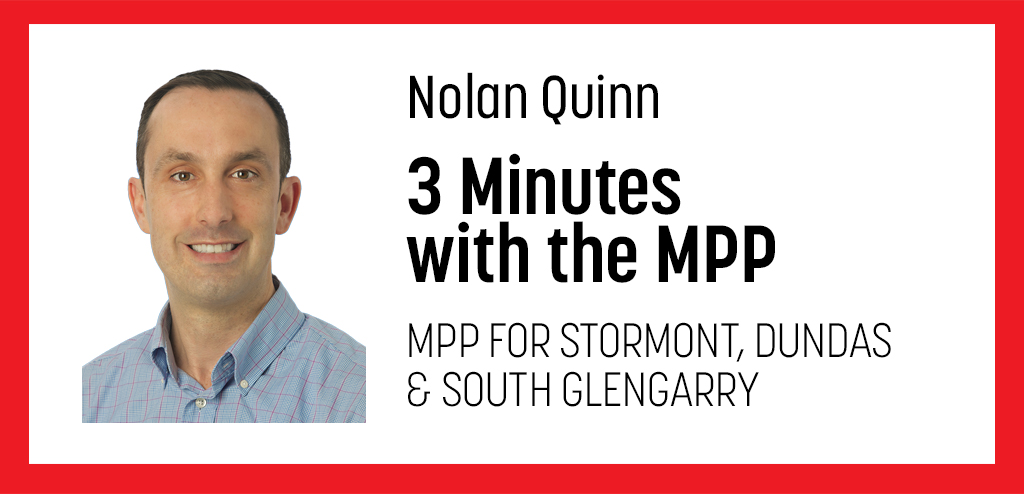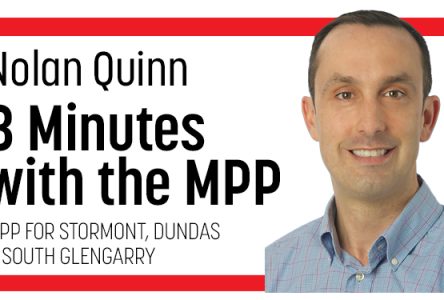There has been a lot of conversation around Bill 60 and fear around its passing into legislation. My office and I have been receiving many claims that our government is trying to create a system where patients will have to pay for treatments, which is untrue.
The past president of the Ontario Medical Association, Dr. Rose Zacharias recently referenced Bill 60: “The OMA is very encouraged by this next important step to reduce wait times. We support the government’s action to move lower acuity surgeries out of hospitals, which in turn will free up hospital resources to focus on emergency, acute and complex cases, while relieving strain and capacity issues. The introduction of legislation to move from independent health facilities to integrated community health centres is the strongest signal yet of the government’s intention to ensure the necessary safeguards are in place as part of this transformative reform.”
As stated above, one of Bill 60’s purpose is to bring the approximately 700 Independent Health Facilities(IHF) across Ontario and integrate them into our existing health network which will mandate public accountability for these facilities. These facilities have been running in our Province for decades. Kensington Eye Institute in the Toronto region, a not for profit Ambulatory Academic Centre of Excellence, would be an example of one such facility in place since 2006!
As it stands today should you utilize an Independent Health Facility for a nonemergency surgery and you are wrongly up charged for a consultation or an unnecessary upgrade, you would have no oversight body to register a complaint. When Bill 60 is enacted, the patient in this situation has the right to register a formal complaint with the Patient Ombudsman. Bill 60 would also see a “Patient Bill of Rights” enacted. The legislation requires the Bill of Rights to be clearly posted, and enforced upon, in these newly legislated Integrated Community Health Centres.
With Bill 60, we will see a thoughtful expansion of facilities that have already been working in Ontario, just now with more government oversight. The new facilities will be required to submit a detailed staffing model which includes consultation with other health system partners, including local hospitals.
Bill 60 would also allow for a more efficient delivery of non emergency surgeries. Instead of using surgical wards that are broadly set up for any type of surgery, these facilities will be set up for a limited amount of specific surgeries. This will allow the time for sanitization and prep between surgeries to be greatly reduced, in turn reducing the surgical backlog. During committee hearings some Doctors who presented had estimates of a 20% increase in surgeries performed.
Our government has been working extremely hard to address the shortage of nurses, physicians and other health care professionals in our health system here in Ontario. We have expanded our Medical School seats to graduate more doctors in Ontario. We have also put a focus on promoting healthcare as a career path for young Ontarians and have put in place a “Learn and Stay” grant to not only encourage young people to enter the health field, but to commit that once they are graduated that they will stay in an understaffed region.
Being a Human Resources graduate myself, I am encouraged to know that over 25,000 youth entered Health Care related post secondary studies this past fall in Ontario.
Our bold action will help reduce surgical backlogs that have been around long before COVID.
If you still have lingering questions please feel free to reach out to my office. I would be happy to address any concerns around this, or any legislation in Ontario.



